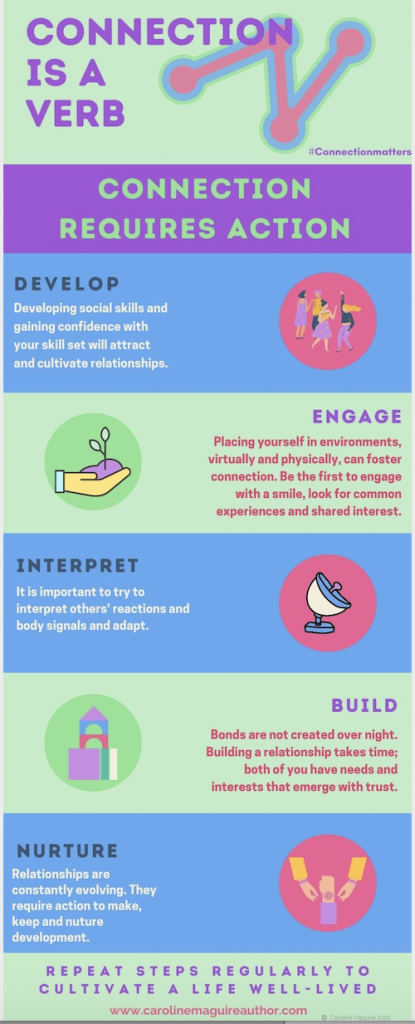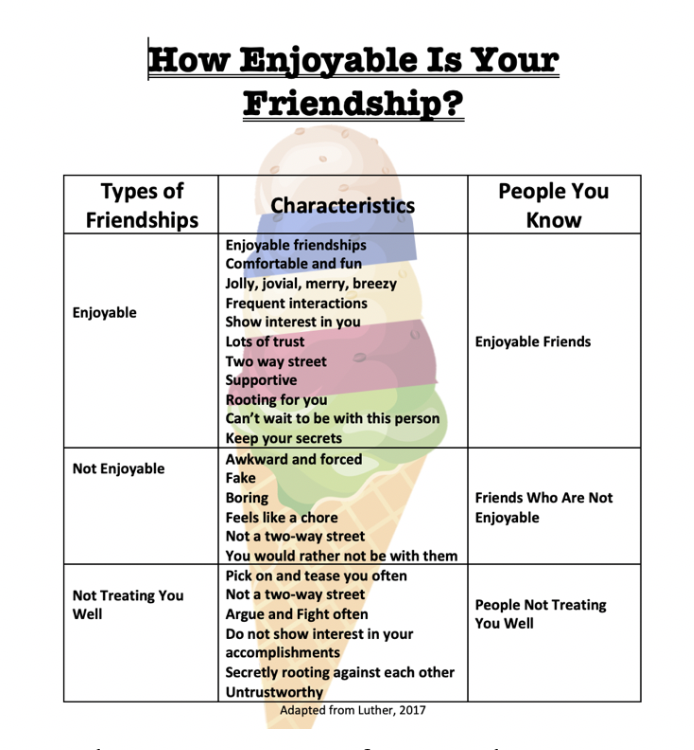What to Do When Your Teen Can’t Seem to Make Friends You Approve Of

He can’t seem to make friends, or the friends he does make, you don’t like. More than likely, you already know that banning anything rarely works. When you push, they pull. This goes for your teen’s friendships too. What is the answer? Collaboration.
What To Do When Your Teen Can’t Make Friends or the Friends are Questionable
 Peers are the biggest factor influencing teens. Your daughter can’t seem to make friends and / or may be trying to fit into a friend group that is causing her to change her behavior or make poor choices. There are all types of friends, but no one can doubt that the friend that has your back is by far a greater asset than the one who is, well let’s just say, “questionable”.
Peers are the biggest factor influencing teens. Your daughter can’t seem to make friends and / or may be trying to fit into a friend group that is causing her to change her behavior or make poor choices. There are all types of friends, but no one can doubt that the friend that has your back is by far a greater asset than the one who is, well let’s just say, “questionable”.
She Can’t Seem to Make Friends You Like
What can be more troubling than watching from the sidelines as your teen engages with others who don’t treat him well? Yes, this is a rhetorical question because this is on the top of the list of parental heartbreaks.
Should you Ban the Friendship?
We would jump in front of a train to protect our kids, so why is the subtle stuff more difficult? Because it takes reasoning, patience, and a look toward the horizon. Banning will not help your teen consider what a good friendship is, nor will it bring about joy.
Plus, it will more than likely lead to a big divide in the parent-child relationship.
Increase the Chances of Being Heard
Creating a non-judgment dialog should be at the top of the list. Remember what Maya Angelou said, “’I’ve learned that people will forget what you said, people will forget what you did, but people will never forget how you made them feel.’
By talking to your daughter about friendship, without judging or imposing restrictions, you increase the chances that she will go to you when she has problems.
5 Ways to Build Trust and Conversations Around Friendships
- Listen. Listen. Repeat. – this is harder than this sounds, but do your best to hold back judgement, your thoughts and the urge to jump in. Your daughter will open up more if she feels heard. By holding back judgment, you create an atmosphere in which your daughter feels safe enough to talk.
- Ask Open Questions – Truly understanding her, and enabling her to understand her own reasoning, is one of the best gifts you can give – to you both. As you enter the discussion, here are some questions you could ask:
- What is it about these new friends that appeals to you?
- What do you have in common with them?
- How do you see your friends treating you?
- What does an enjoyable friendship look like?
- What kind of person do you want to be?
- Can you be that person with these friends?
- Understand Your Teen’s Perspective – Your teen thinks no one understands him: not you; not your spouse; not his sister; not his teachers or coach. The only one who “understands” him is his friends. The more you step into his shoes and listen, the more you can work together to meet his needs.
- Reflect, clarify, be curious– Paraphrase what your teen says and repeat it back to her. When you do this, you show empathy and you help both of you clarify your child’s concerns. Be curious and ask non-confrontational, non-judgmental questions.
- Don’t Impose Your Values – Don’t assume you understand the reasons why your daughter chose these friends. Keep your agenda in mind as you talk through the importance of friendship, but the goal is to keep your child talking, and to show her that you have confidence in her.
Keep Communication Open
Without “creeping around,” research her friends by asking coaches, teachers, friends etc. You may be misinterpreting based on your own personal biases. If there were friends from the past that both you and your teen consider as a good friend, consider creating venues for them to interact again. Give her a place to feel good about herself — an activity where she is interested, can pursue her passion, and develop a stronger sense of self.
You daughter may be choosing the wrong friends for many reasons. The most important thing is to keep the communication flowing.
For scripts, tools, advice and actionable exercises on helping children develop social skills, check out Why Will No One Play with Me?
Deep Dive:
Keep the Social in Social Distancing
15 Phrases to Spark a Conversation About Social Dilemmas
When should I intervene with my child’s friendships?


